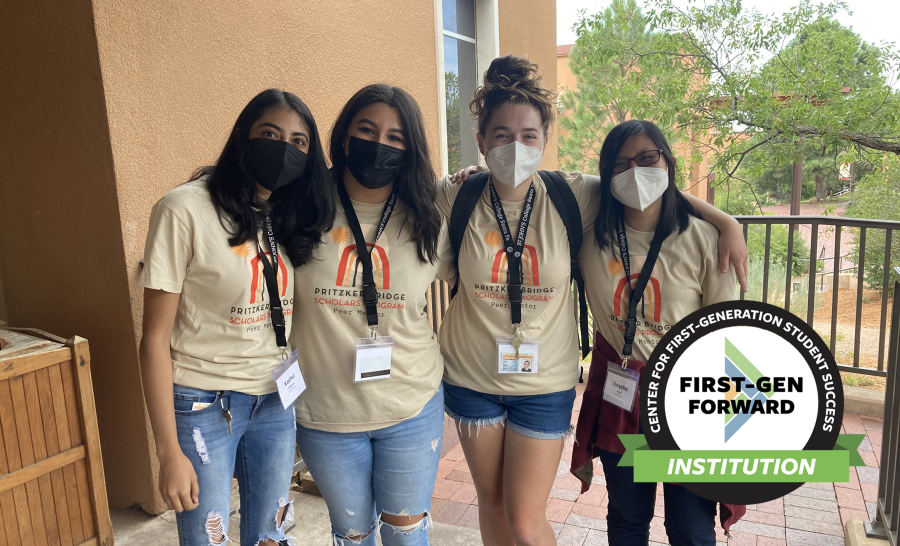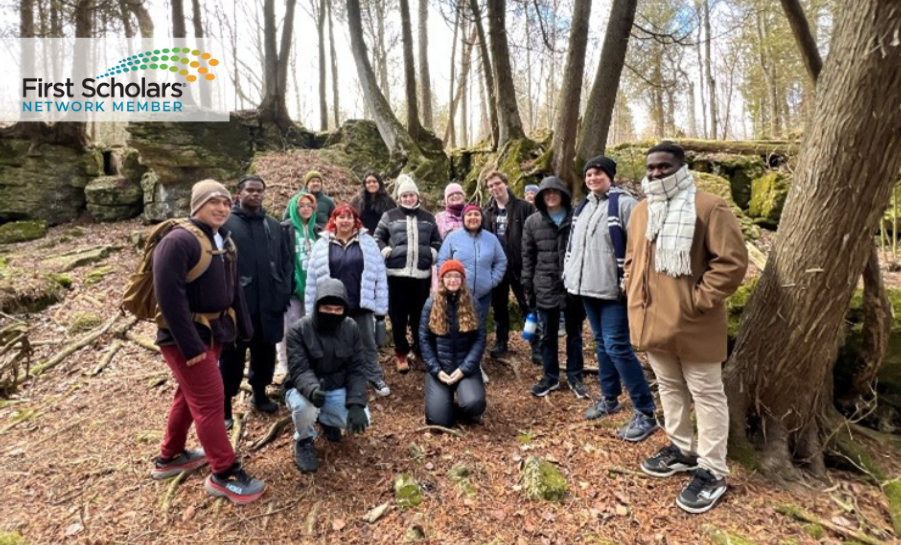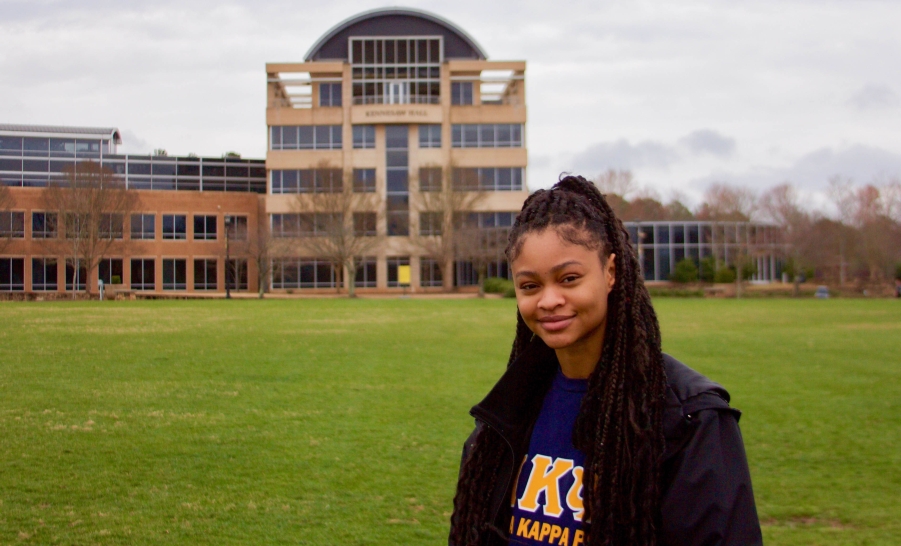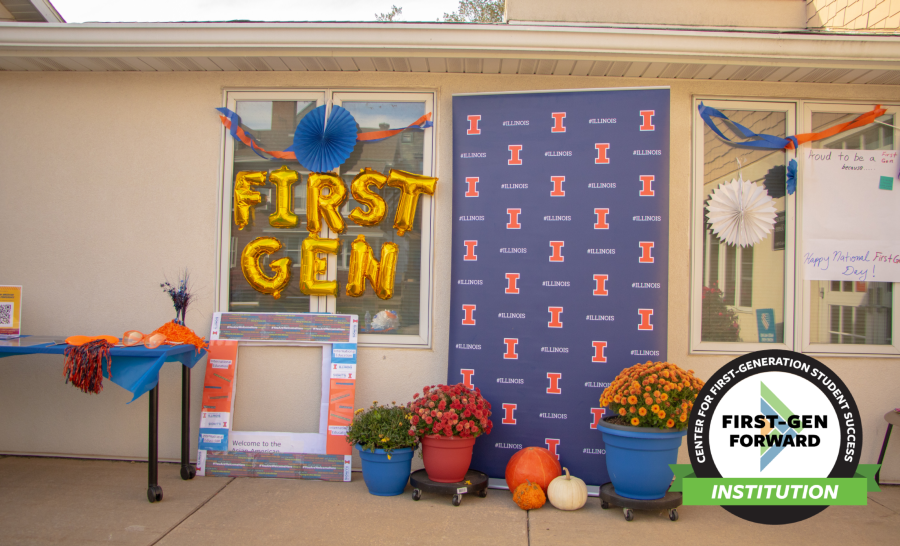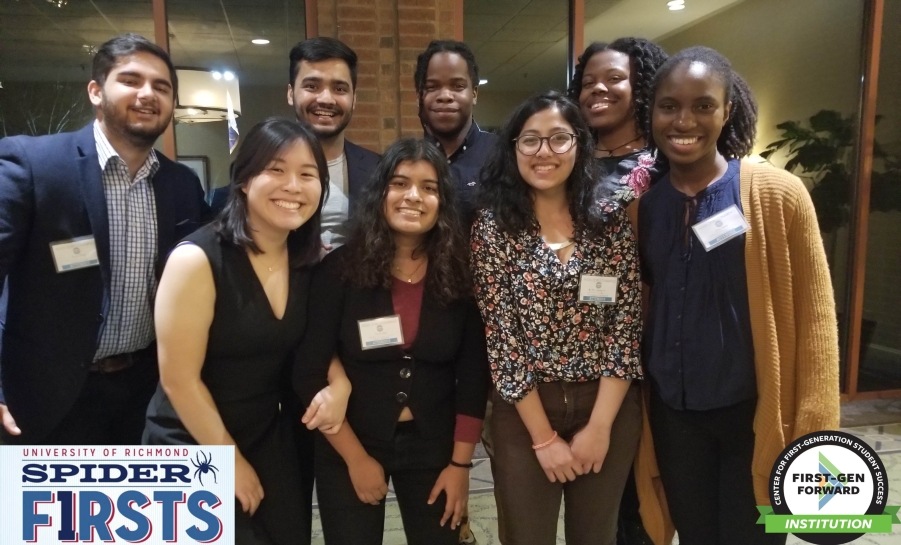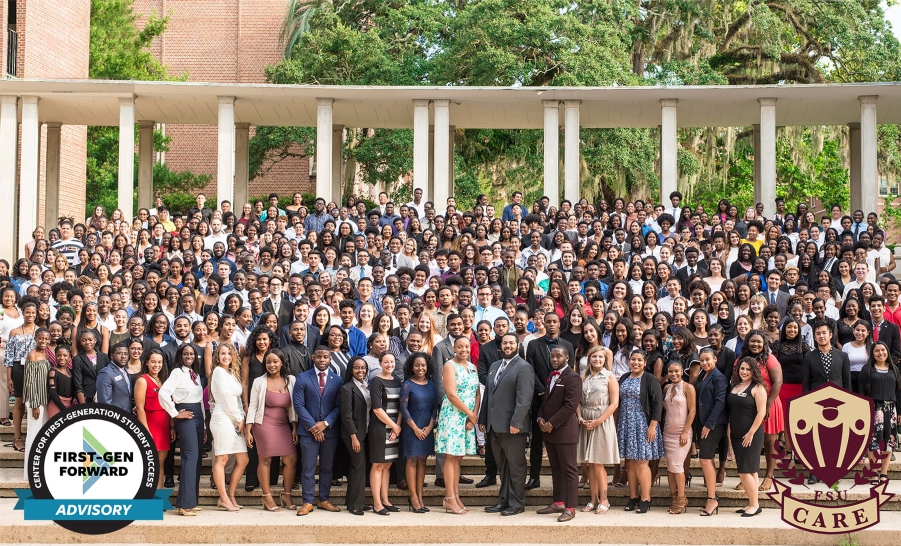First-gen Student Belonging at St. Thomas
Linda Baughman & Marlon Blake, Ed.D., University of St. Thomas / FirstGen Forward / December 08, 2021
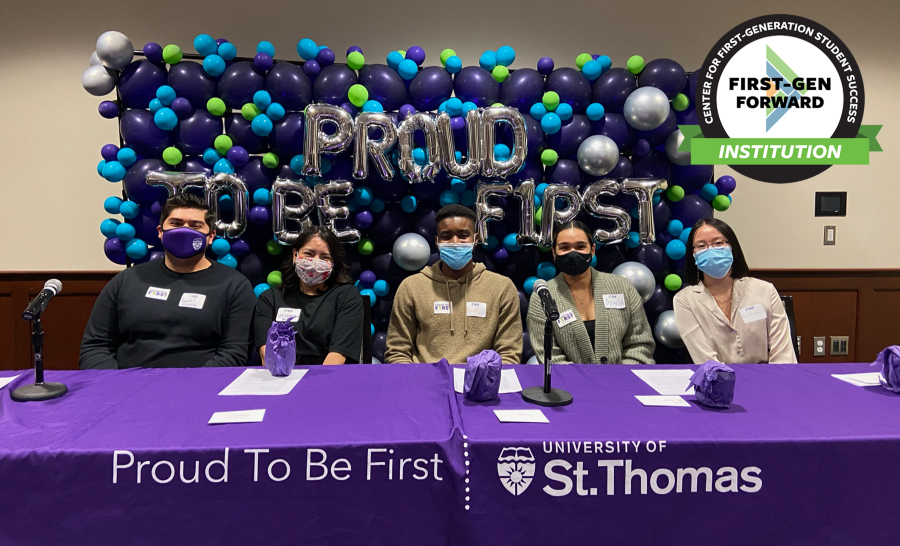
The University of St. Thomas is a medium-sized private institution located in St. Paul, MN. As we continue to enhance our current efforts to assist and support first-generation students, our 2021-2022 Proud to Be First strategic plan is focused on four priorities:
-
Providing ongoing meaningful programs for undergraduate first-generation students
-
Researching and developing programs to support first-generation graduate students
-
Hosting professional development opportunities for faculty and staff
-
Supporting the needs of the parents and families of first-generation students
These priorities were developed through a collaborative effort with our campus first-generation advisory board and were informed by a Chronicle of Higher Education article, “The Future of Gen Z” (Sellingo, 2021).
We believe these efforts will allow us to provide more robust programming, include more students in our first-generation efforts, and, more importantly, expand our reach to those who support first-generation students.
Often, first-generation efforts are focused on undergraduate students. However, we know there are many first-generation students who are in graduate school. Over the next year, we will research the needs of first-generation graduate students and how we can support these students on their academic journey.
As we continue to deepen our work with first-gen students on campus, we are turning to the work of Lisa Nunn in her book College Belonging: How First-Year and First-Generation Students Navigate College Life (2021). Nunn encourages us to examine three different areas of first-generation student belonging: academic, social, and community. We would like to share a few examples of how our fall programs supported these different areas of belonging.
We hosted a welcome reception for first-gen students prior to classes starting. First-gen faculty and staff were also in attendance. This was a program that helped foster community belonging. Our program on navigating the hidden curriculum helped to build academic belonging. In order to create opportunities to develop social belonging, we hosted a bowling night and a hot cocoa/bonfire outdoor gathering. Our goal is to work intentionally to make sure our Proud to Be First programs support belonging in all three of these domains.
For more information on University of St. Thomas’s approach, please visit their website here.
References
Nunn, L. M. (2021). College belonging: How first-year and first-generation students navigate campus life. Rutgers University Press.
Sellingo, J. J. (2021). The Future of Gen Z: How COVID-19 will shape students and higher education for the next decade. The Chronicle of Higher Education.
